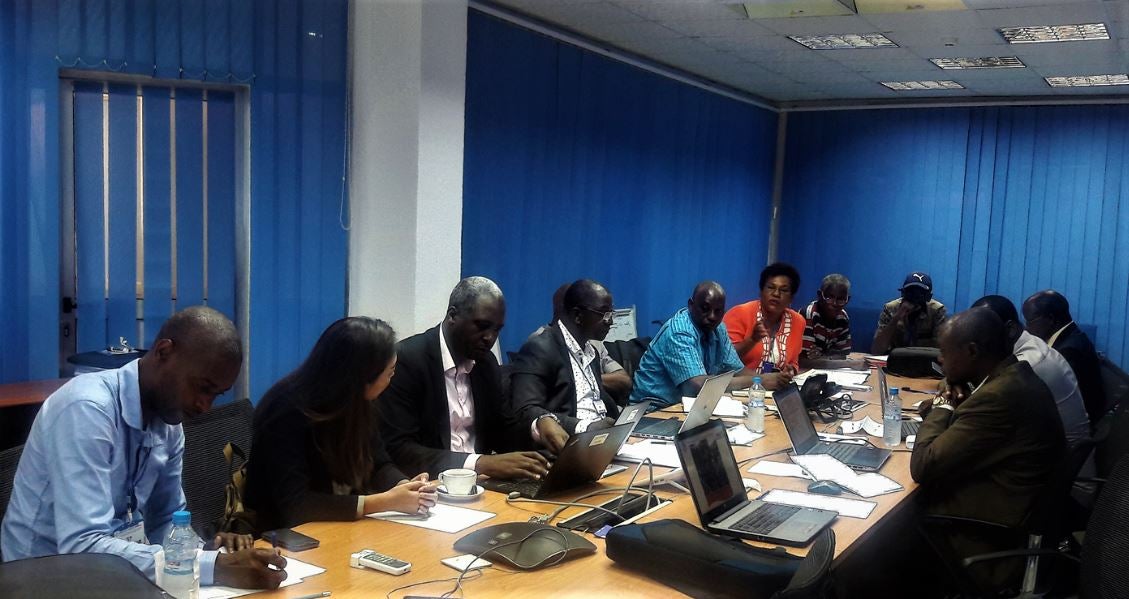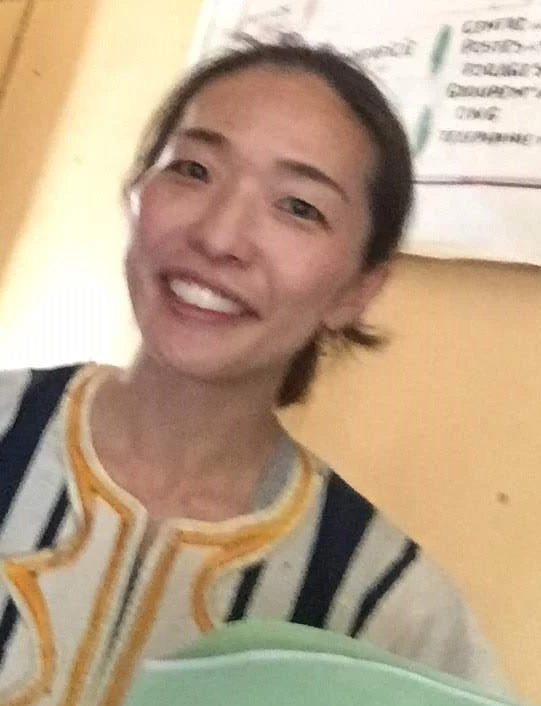
The concept of engaging with citizen is a funny one - so simple and obvious, it’s hard not to roll your eyes and think of a wheel somewhere being reinvented. But the more you think about it, the more you realize: citizen engagement is what all governments currently grapple with.
And that makes it the perfect topic to share with our Government partners. Because no matter where you are on the human development scale, chances are, your government is trying to develop new ways to engage with its citizen. With the proliferation of accessible technology, governments across the world from the Eastern DRC to France alike can engage with citizens more effectively.
On November 13 in Conakry, Guinea, we were lucky to spend a day brainstorming with a passionate team of Guineans who believe engaging citizens in rural communities, even those with challenges with literacy, shouldn’t be so difficult.
Presenting their innovative citizen engagement mechanisms and tools were members of the country’s national agency for decentralization and financing of local governments ( ANAFIC).

The ANAFIC team was able to show that localities where citizens have been more engaged had subsequently issued more basic services and generated more revenue from local taxes.
We should have known the workshop was going to go well: we’ve been working with the ANAFIC team for many years now, and through each phase of the always challenging decentralization process, we saw them innovate and push for more inclusion and engagement with communities in operations, with leadership by the Ministry of Territorial Administration and Decentralization.
Now in the third phase of the Village Communities Support Project funded by the World Bank and the French Development Agency, the team will see participatory budgeting and monitoring and evaluation committees established in more than a third of Guinea’s 304 rural municipalities by the end of 2018.
This year, we’ve launched one of Guinea’s first national call center for grievance redress and we’re currently exploring ways to capitalize this new partnership with other projects and partners in the country, and broader citizen engagement activities through multiple entry points.
We were told by several participants that it’s not everyday that projects and government counterparts from different sectors get to share experiences and find ways to mutualize existing tools. Yet this is exactly what happened as we came out of the workshop with an action plan for each project to use the burgeoning citizen engagement good practice developed by ANAFIC as well as a list of potential results indicators to gauge the level of citizen engagement in operations.

Next time you hear of citizen engagement, the best practice may not come from the streets of Stockholm, but the rural communities of Guinea.



Join the Conversation